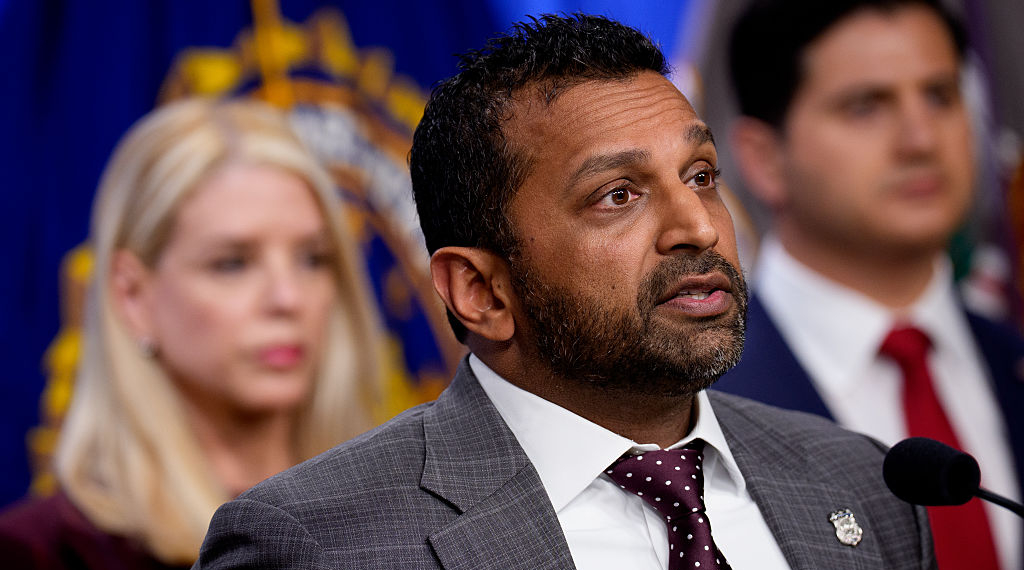UPDATE: The ongoing government shutdown is not primarily about Obamacare, according to new commentary from Dean Clancy, a senior health policy adviser at Americans for Prosperity. He asserts that this shutdown serves as a political maneuver by Democratic leaders to undermine President Donald Trump and influence the upcoming elections.
As the clock ticks, discussions among Republicans reveal that some party members are considering a compromise that could see an expansion of Obamacare in exchange for reopening the government. This move, Clancy warns, would be a critical mistake. The proposed deal includes an astonishing $1.5 trillion in additional health care spending, which Democrats argue is necessary to maintain health care access.
Notably, Senate Minority Leader Chuck Schumer and House Minority Leader Hakeem Jeffries have made it clear that they will demand $900 billion to repeal Trump’s Medicaid reforms and provide free health care to undocumented immigrants as part of any deal. According to Clancy, these demands are a strategic trap aimed at securing political leverage.
The urgency of this situation cannot be overstated. The Biden administration’s COVID credits, which were introduced as temporary measures during the pandemic, are also under discussion. Democrats aim to make these credits permanent, asserting that failure to do so could lead to skyrocketing insurance premiums and millions losing coverage. Yet, Clancy challenges these claims as exaggerated, highlighting that the credits have led to significant enrollment fraud and inflated health care costs.
The credits, which have doubled the size of the Obamacare population, are set to expire at the end of the year. If allowed to lapse, Clancy argues that premiums will not “explode” as claimed. Instead, while some individuals might see a slight increase in their costs, the majority will still benefit from substantial subsidies covering 80% of their insurance costs.
Clancy’s perspective sheds light on the potential fallout of these negotiations. He asserts that many individuals are likely to reconsider their enrollment when faced with higher premiums, revealing a lack of value placed on the coverage. As the political maneuvering continues, the implications for the American public are significant.
This shutdown is more than just a budgetary issue; it represents a pivotal moment in U.S. health care policy. Clancy urges lawmakers to focus on genuine reforms that prioritize patients over insurance corporations, proposing an alternative he terms the “Actually Affordable Care Act.”
With the clock ticking and the nation watching closely, the decisions made in the coming days will have lasting impacts on health care accessibility and political dynamics ahead of the critical 2024 elections. Keep following for the latest developments as this situation unfolds.







